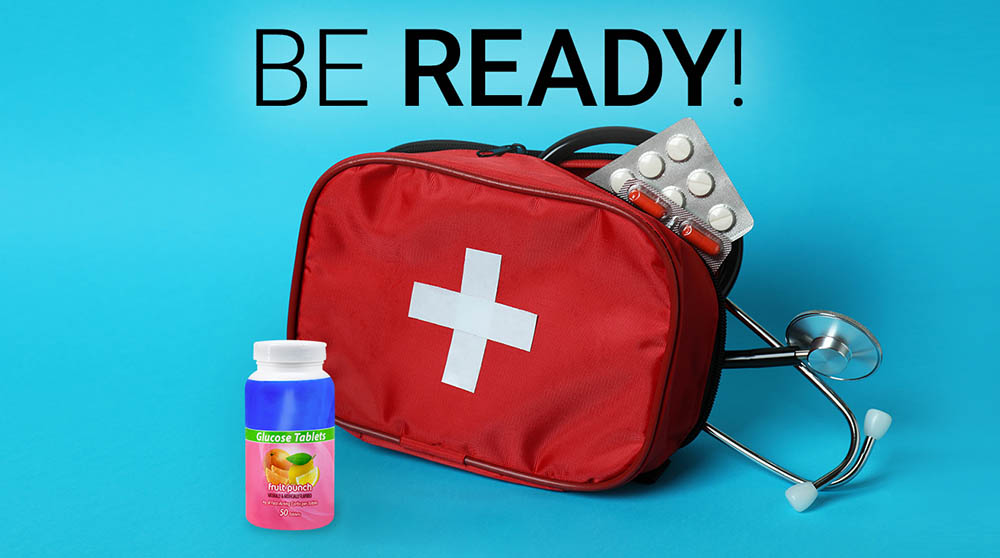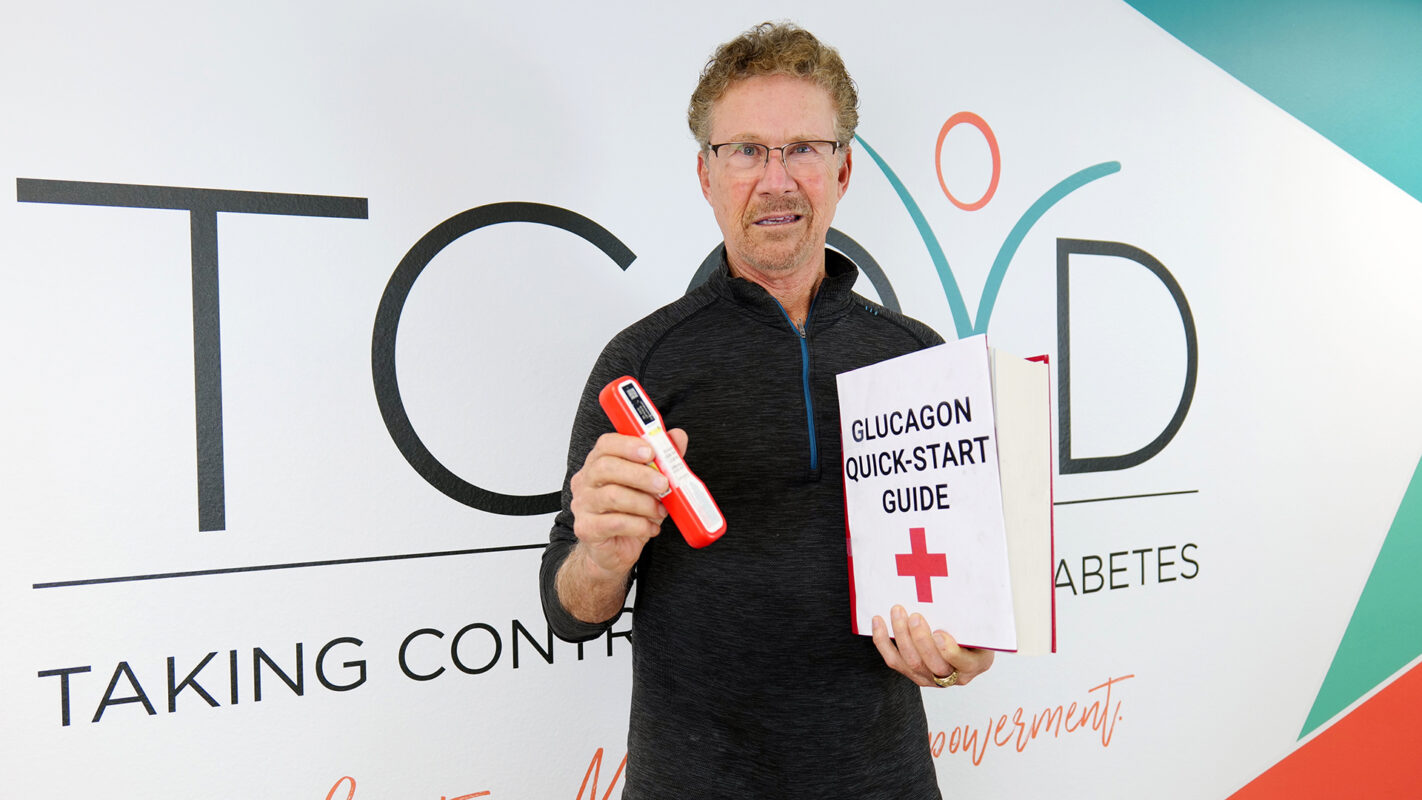
If you take insulin or are at high risk for low blood sugar, this simple 5-step checklist will help you be prepared for an unexpected severe hypoglycemic event. Whether you’re newly diagnosed or have been living with diabetes for a while, make sure you have a low blood sugar plan in place.
read more →









